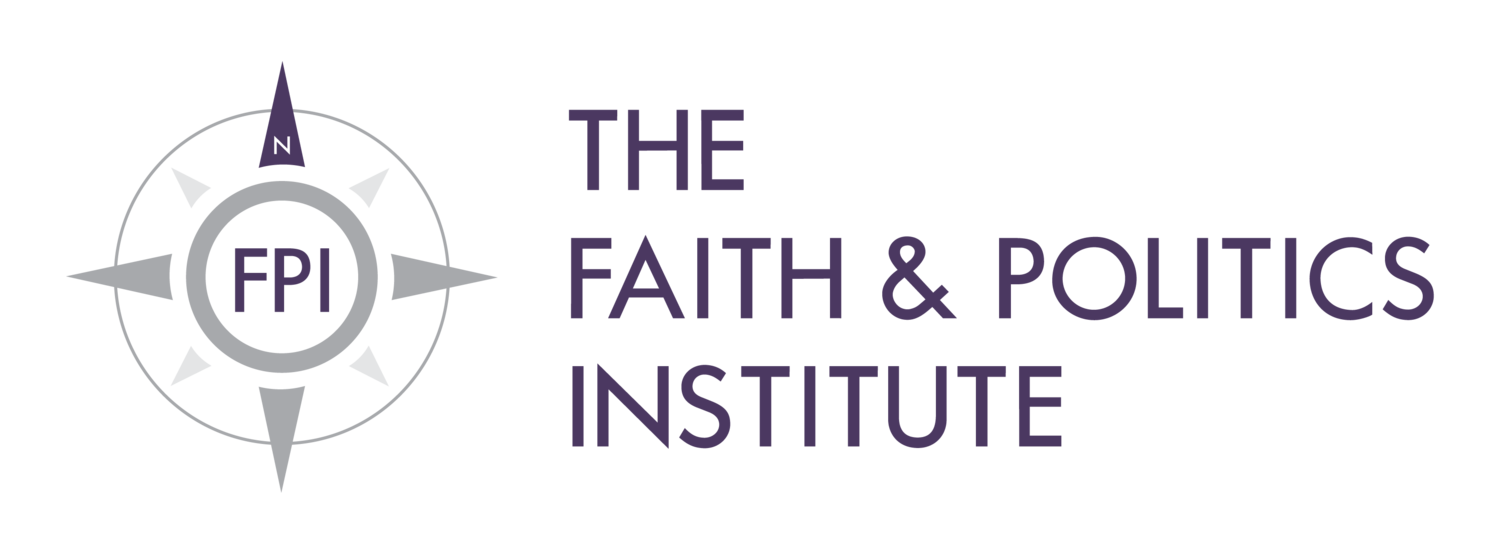An Oral History Project Conducted by John Robert Lewis Scholar Katherine Owojori
Project Description
An essential tenet of John Robert Lewis’ philosophy is the notion that “we all have roles to play”–suggesting that each individual has a distinct moral duty to channel our talents, skills, expertise and energy in service to the “Beloved Community”. A topic of frequent debate amongst advocates striving towards justice, centers around identifying the most effective means for creating justice for historically marginalized communities in the United States. Many argue that the American legal system in particular, is a fundamentally flawed system, and thus an ineffective mechanism for social change. While it’s been widely recognized that the goals of the law, at least in theory, are to create justice and ensure accountability–in practice, this has not always been the case.
Citing historical evidence of structural inequality, racism, sexism, xenophobia, homophobia, and more–all of which have been bolstered by legal precedent at some point in our history, some proponents of alternative forms of advocacy believe that these institutional defects within the law are irreconcilable. These defects, created by colonialist, wealthy, white supremacists in early American history continue to be maintained by their descendants, unabated in their pursuits to perpetuate the systems of inequity put in place by their forefathers. Advocates with this perspective affirm that it is these two factors in conjunction that can, and often do, render the law useless.
Others recognize that the law has been previously effective in creating justice for marginalized communities, saying that these cases, while impactful, were still exceptional or sparse. It has also commonly been said that the “golden-days” of the law as a tool for changemaking are far behind us, reaching its peak in the Civil Rights Era in the United States. Scholars such as Audre Lorde, who famously noted that “the master’s tools will never dismantle the master’s house”, propose that using the tools of a racist, classist, patriarchal system to examine, evaluate, and remedy the harms caused by that same system will only allow for limited change, if any at all.
However, Olufela (Olu) K. Orange Esq., a widely-recognized, highly-decorated, and precedent-setting civil rights attorney based in Los Angeles, may provide evidence of the contrary. Specializing in plaintiff-side civil rights and class-action litigation in both state and federal courts, Orange has won millions of dollars in verdicts for his clients, many of whom are victims of violence at the hands of American law enforcement.
Orange is highly respected in the California legal community not only for his innovation and expertise in litigation, but also for his extraordinarily unrelenting conviction for true fairness, equity, and justice. Orange, who is also a faculty member in the Political Science department at the University of Southern California, is as equally passionate about education as he is of the law.
My objective for this oral history project is two-fold: firstly–to honor and examine the ongoing life and legacy of Orange, and secondly–to explore the question of whether it is possible to advocate for the rights of marginalized peoples in a system designed to prevent such pursuits, and in other words: how to create justice in a system where there may be none.
Oral History Interview with Olufela Orange - 06/05/2024
Final Paper
Presentation Recording
































































































































